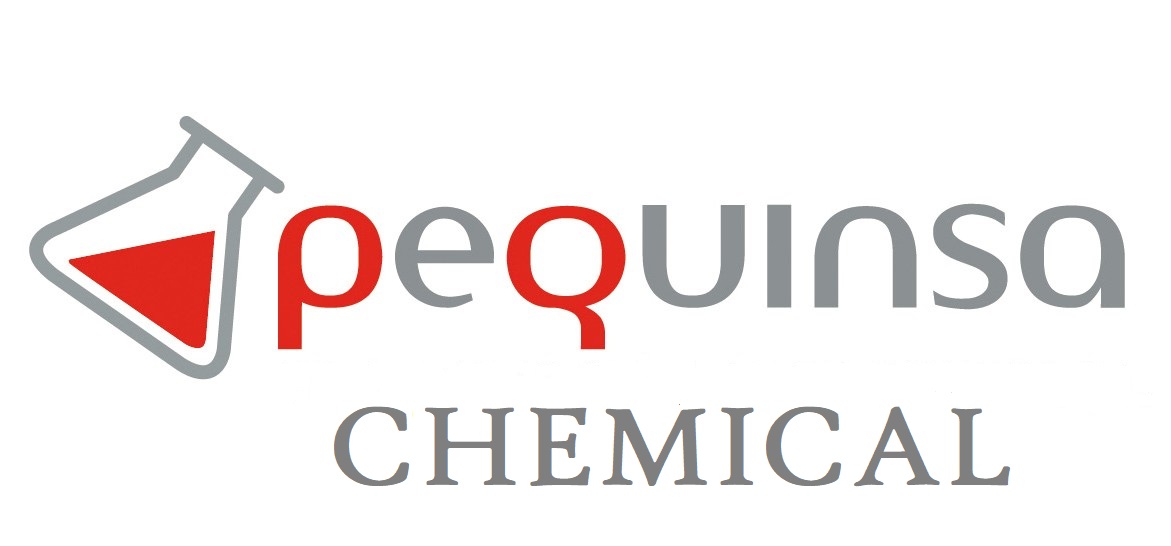-
Categories
-
Pharmaceutical Intermediates
-
Active Pharmaceutical Ingredients
-
Food Additives
- Industrial Coatings
- Agrochemicals
- Dyes and Pigments
- Surfactant
- Flavors and Fragrances
- Chemical Reagents
- Catalyst and Auxiliary
- Natural Products
- Inorganic Chemistry
-
Organic Chemistry
-
Biochemical Engineering
- Analytical Chemistry
-
Cosmetic Ingredient
- Water Treatment Chemical
-
Pharmaceutical Intermediates
Promotion
ECHEMI Mall
Wholesale
Weekly Price
Exhibition
News
-
Trade Service
Current status of treatment of pancreatic cancer
Pancreatic cancer is known as the "king of cancer" because of its difficulty in early diagnosis, rapid progression after onset, and short survival time, and there is still a lack of effective treatment measures
.
Early pancreatic cancer has no obvious symptoms, many patients are found at an advanced stage, there is no chance of surgical treatment, only chemotherapy, and the five-year overall survival rate is only 6%.
Although immune checkpoint inhibitors are widely used in tumor treatment, their effectiveness in pancreatic cancer has not met expectations
.
Relevant research data suggest that the survival benefit of patients with PD-1 inhibitors alone is unsatisfactory
.
When reviewing the latest advances in cancer treatment, I saw a retrospective study analysis published in the journal Immunotherapy to explore the effect of
immunotherapy combined with chemotherapy on pancreatic cancer.
Although the number of patients is small, the treatment effect is still good, let's take a look at the corresponding treatment experience and knowledge
.
Patients with pancreatic cancer benefit from combination therapy
From January 2018 to April 2022, the Cancer Center of Bethune Hospital in Shanxi Province admitted 18 patients
with advanced pancreatic cancer.
The researchers analyzed PD-L1 expression, microsatellite instability MSI, tumor mutation burden TMB and other data
on the tumors of these patients.
Figure 1.
Characteristics and treatment options of tumor patients
As shown in the figure above, most of the patients' tumors have KRAS gene mutations, and microsatellites belong to the stable type
.
Treatment for these patients is chemotherapy in combination with a PD-1 inhibitor, but the PD-1 inhibitors used vary from pembrolizumab (K drug, K identified in Figure 1) to sindilimab
.
The chemotherapy agent is albumin-bound paclitaxel plus gemcitabine (AG identified in Figure 1).
Efficacy is assessed every two treatment cycles until disease progression or discontinuation due to adverse effects
.
Figure 2.
Therapeutic effect of tumor lesions
The results of treatment showed that one patient saw the disappearance of the lesion and achieved complete remission
.
Nine patients had significant reduction in lesions and achieved partial remission
.
Five patients are stable and the other three are progressing
.
Patients who have high PD-L1 expression or are highly unstable by microsatellites benefit most
from treatment.
In the patient who saw complete disappearance of the lesion during treatment and achieved complete remission, the microsatellite instability was stable, but the PD-L1 expression
was high.
It is expected that immunotherapy combined with chemotherapy will be approved for pancreatic cancer as soon as possible
If the treatment data in this study are counted, 18 patients treated with chemotherapy combined with PD-1 inhibitors have a treatment response rate of 55.
6%, while the disease control rate reaches 83.
4%.
For pancreatic cancer that lacks treatment, this is considerable treatment data
.
However, due to the small number of patients, further data are needed to confirm the feasibility
of treatment.
For the treatment of pancreatic cancer, a number of clinical trials have been carried out using immunotherapy combined with chemotherapy, but they have not met the corresponding treatment expectations for the time being, and there are no conditions
for applying this treatment to the clinic.
So can pancreatic cancer patients use this treatment?
At present, the first-line standard treatment for pancreatic cancer is chemotherapy, which is not effective, and drug resistance and progression
will occur in the later stage.
Then, if chemotherapy and PD-1 inhibitors are used in combination initially, the patient should benefit more
than chemotherapy alone.
Even if the combination therapy advances, it can participate in clinical trials of second-generation immunotherapy drugs, or participate in clinical trials
of tumor-infiltrating lymphocyte TILS.
Therefore, it is recommended that patients in need can consider detecting immunotherapy-related indicators, such as PD-L1 expression and microsatellite high instability, which will give certain references
in the later treatment process.
For more pancreatic cancer treatment knowledge and research progress, welcome to join the carcinogenic pancreatic cancer exchange group
.
Book giveaways
It's time for cancer to give back to fans! Welcome to leave a message under this article, and the top three friends who have been liked will receive the book "Guardians of Life: Immunity, Cancer and the Way to Cure"
provided by Tsinghua University Press.
Duration: 5 days
This book takes you to understand the advanced history of human cognitive cancer from a new perspective of immunity, and explore the past and present of
scientific and technological hotspots.
In the moving story, we will take you to understand the origin, development and future of cancer immunotherapy, especially the efforts and contributions
of Chinese scientists in this process.
Through this journey of discovery, you can gain scientific thinking and scientific spirit
to withstand risks, solve problems, and safeguard life.
The whole book is fluent and easy to understand, and each chapter has hardcore and interesting scientific illustrations, which is highly
readable.
Douban score 9.
5, Jingdong science new book list monthly
list.
It is a rare and original book on the history of science
.
Cancer, accompany you through every step of the fight against cancer!
References:
Dong Song et al, Safety and efficacy analysis of PD-1 inhibitors in combination with chemotherapy for advanced pancreatic cancer, Immunotherapy (2022).
Click below to learn more about our clinical trials







